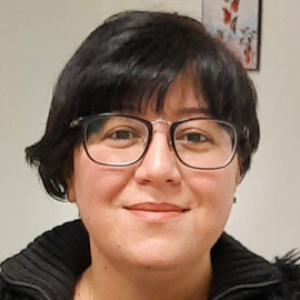Title : Fungal Biocatalysts in Environmental Applications; Enzymatic Treatment of Textile Wastewater by Fungi
Abstract:
Today, textile wastewater is among the top water pollution factors, and dyes in high concentrations in the wastewater content have mutagenic, carcinogenic, and toxic effects on aquatic organisms. For this reason, it is necessary to remove dyes in wastewater after production in textile factories. Although a wide variety of methods are used in wastewater treatment, biological treatment has attracted attention as an environmentally friendly and inexpensive method in recent years. Biodegradation is one of the mechanisms used in biological treatment methods, and it is based on the principle that active microorganisms degraded pollutants using enzymes. Fungal ligninolytic enzymes are effectively used in biotechnological applications. For instance, laccases and certain fungal class II peroxidases from white-rot basidiomycetes are considered in the degradation of persistent organic pollutants such as textile dyes. The aim of this study is to examine the information in the literature on the use of fungal enzymes in the bioremediation of textile wastewater. In particular, necessary information has been given for the design of systems involving enzymatic degradation of dyes by fungi. While the articles currently published in the literature are reviewed it has been determined that due to the fact that fungi are resistant to unfavorable conditions such as wastewater and produce a variety of enzymes for degradation, they can be used effectively in wastewater treatment enzymatically. As a result, biological wastewater treatment technologies involving fungal enzymes are economical and efficient processes.
Audience take-away:
- General information about fungal enzymes used in environmental applications will be given in the speech.
- The knowledge about the usage of fungi/fungal enzymes in the degradation of textile dyes will be stated in the speech.
- The advantages of biocatalysts in the environmental application will be explained in the speech.
- The parameters affected enzymatically bioremediation processes will be introduced.



